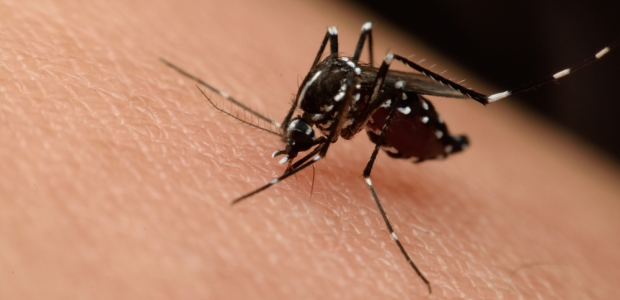
HHS Supporting Clinical Study of Zika Virus Blood Screening Test
"BARDA staff has worked closely with our partners at FDA and the Office of the Assistant Secretary of Health to ensure the continuity and safety of the U.S. blood supply," said Dr. Richard Hatchett, BARDA's acting director. "Today's award to Roche is an important step towards securing the safety of the blood supply in Puerto Rico and in the rest of the United States."
The U.S. Department of Health and Human Services' Office of the Assistant Secretary for Preparedness and Response (ASPR) and the Office of the Assistant Secretary for Health are supporting the development of a test to identify whether donated blood is infected with the Zika virus, HHS announced April 22, reporting that ASPR's Biomedical Advanced Research and Development Authority, known as BARDA, agreed that day to support a clinical study to evaluate the sensitivity and specificity of the blood donation screening test in its actual use. This study is necessary to apply for FDA approval for commercial marketing.
The test is manufactured by Roche Molecular Systems, Inc., which is based in Branchburg, N.J.
"BARDA staff has worked closely with our partners at FDA and the Office of the Assistant Secretary of Health to ensure the continuity and safety of the U.S. blood supply," said Dr. Richard Hatchett, BARDA's acting director. "Today's award to Roche is an important step towards securing the safety of the blood supply in Puerto Rico and in the rest of the United States."
According to HHS, most people infected with Zika do not have symptoms and may donate blood not knowing that they are infected. And there have been reports of probable cases of transfusion transmission of Zika virus in Brazil that are being investigated. So having an accurate blood donation screening test will help to ensure that infected blood is removed from the blood supply.
Under a one-year, $354,500 contract, Roche will study blood samples to confirm whether the test accurately and reliably detects and identifies Zika virus, even when present in a very low concentration in a donor's blood.